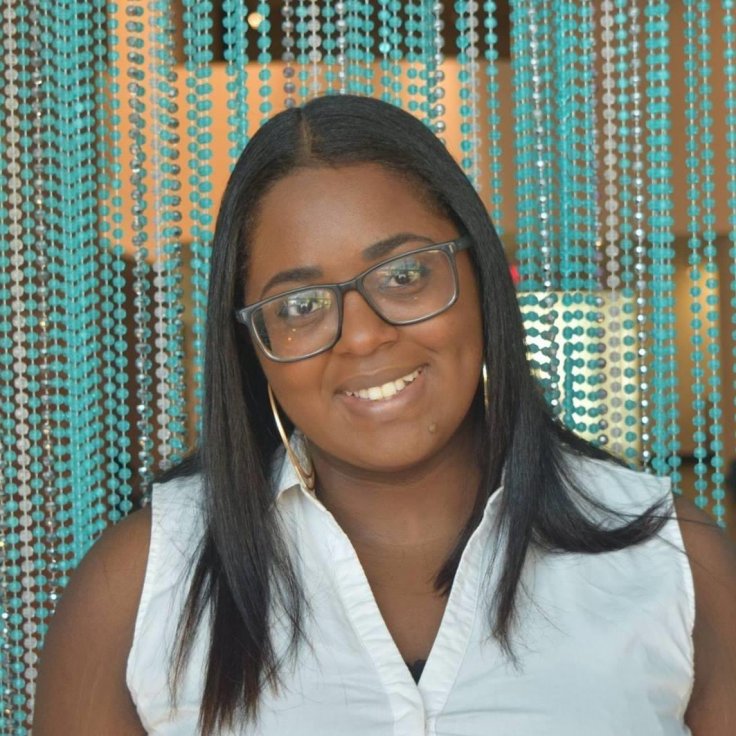A 30-year-old middle school teacher from Brooklyn died of Coronavirus after struggling to get treatment. She passed away on Monday, April 27, following a month-long battle with COVID-19. She was twice turned away from testing before eventually being diagnosed with Coronavirus which has affected over a million people in the US and killed more than 58,000 Americans.
Rana Zoe Mungin was a social studies teacher at Ascend Academy in Brooklyn. She had contracted the virus in mid-March but as per her family, despite repeated pleas for help and exhibiting various symptoms, she was twice denied COVID-19 testing at Brookdale Hospital and one paramedic believed she was just having a "panic attack."
The struggle to get treatment for COVID-19
Rana Zoe had two pre-existing conditions, asthma and hypertension, which made her vulnerable to develop severe symptoms of the novel Coronavirus. Even though her sister Mia Mungin, a registered New York City nurse, fought for her to get the best treatment possible, Rana Zoe was turned away from emergency rooms twice. Mia told PIX11 that a paramedic "Insinuated she was having a panic attack. She kept saying 'I can't breathe."

On March 20, she was finally admitted to Brookdale Hospital, five days after her first attempt to get treated or tested for the virus. Since she was showing breathing issues, doctors immediately intubated and put her on a ventilator. The family members were told that she could be a good candidate for experimental COVID-19 medicine remdesivir but later they learned that she wasn't eligible.
Meanwhile, Mia started a campaign to get her sister included in the trial, which eventually reached New York Senator Chuck Schumer, who later appealed to the Food and Drug Administration (FDA). On March 25, Mia tweeted:
"My sister Rana Zoe Mungin has COVID-19 and is fighting for her life, and she is currently on life support. She's only 30 years old and has such a bright future ahead of her. I'm begging for some help to get her on the new drug Remdesivir or any help you can provide. #COVID19"
Even though she was not added to the trials, Rana Zoe was transferred to Mount Sinai Hospital in Manhattan where she showed some improvement. On April 18, she opened her eyes and then doctors tried to help her breathe without ventilator's support but on April 27, she died at the hospital. After her death, Mia tweeted:
"It is with heavy heart that I have to inform you all that my sister Rana Zoe Maybe has passed away today at 12:25pm due to COVID-19 complication. She fought a long fight but her body was to weak."
Victim of racism during Coronavirus pandemic
After Rana Zoe's death, her sister took to social media and raised her voice about the racial disparities in the health care system and the care received by her sister, who was black. "Racism and health disparities still continues ... [and] the zip code in which we live still predetermines the type of care we receive," she wrote.
This is not surprising as early data revealed that African Americans in the US are more likely to die from the Coronavirus. The case of Rana Zoe is just an addition into the data, which revealed that the black people in the US are being severely impacted by COVID-19, accounting for 30 percent of COVID-19 cases in the country, despite only comprising around 13 percent of the population.
As reported by ABC News, a friend of Rana Zoe, Nohemi Maciel, said: "She died not only because of COVID-19 but because we live in a world that is racist and anti-black. We know that black people are dying at disproportionate rates. This cannot be left out of the conversation."
Lauren Calihman, who met Rana Zoe during her freshman year at Wellesley College, said that the people living in areas where city hospitals are underfunded are being told that "their lives don't matter, that they don't matter."
However, in early April New York City Mayor Bill de Blasio had announced that the hard-hit city would open five additional sites to help the low-income communities of colour as an effort to address the racial disparity in COVID-19 cases. But Calihman believes that for Zoe such efforts are "too little and too late." She added that "I can only hope her story ignites sweeping change."









